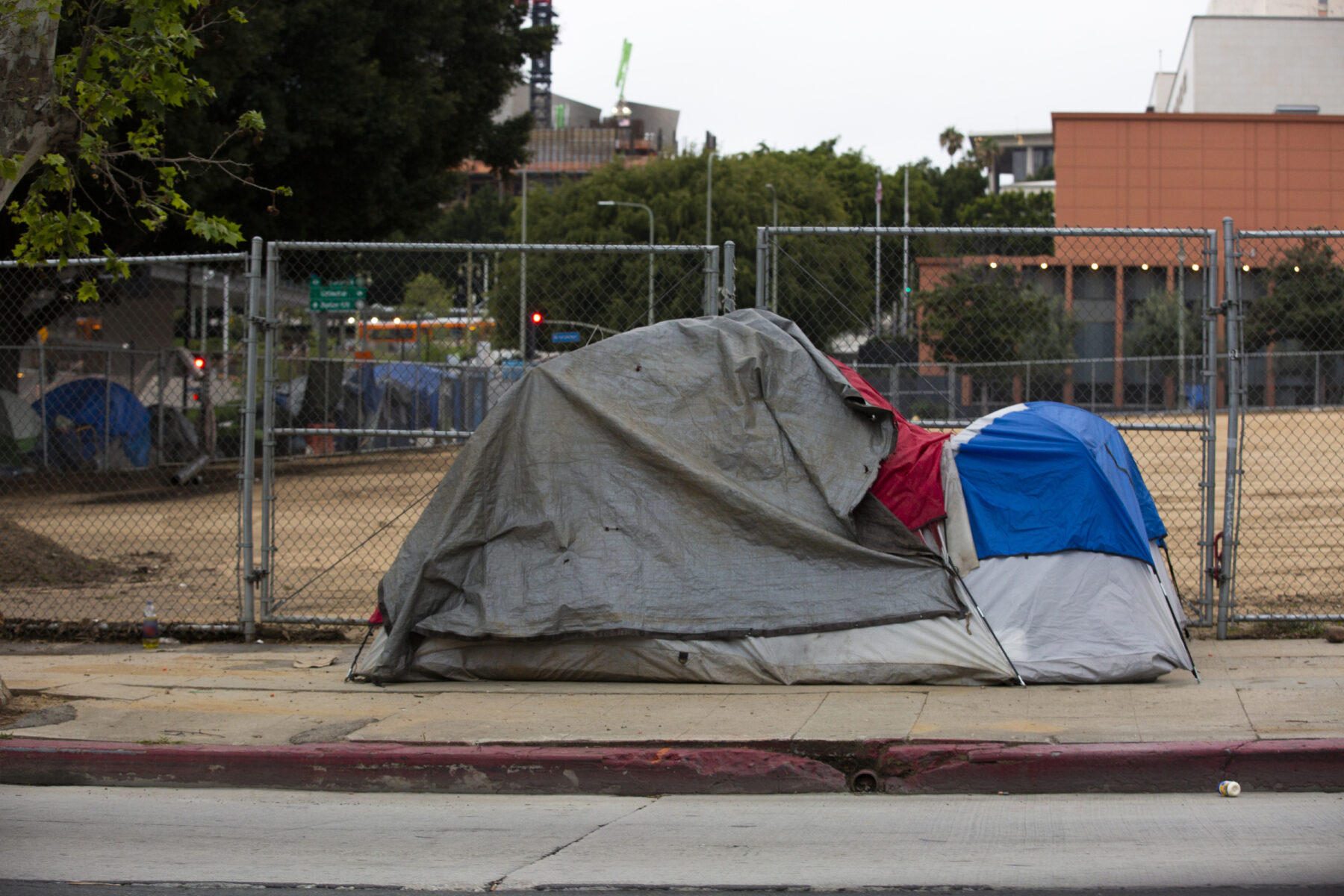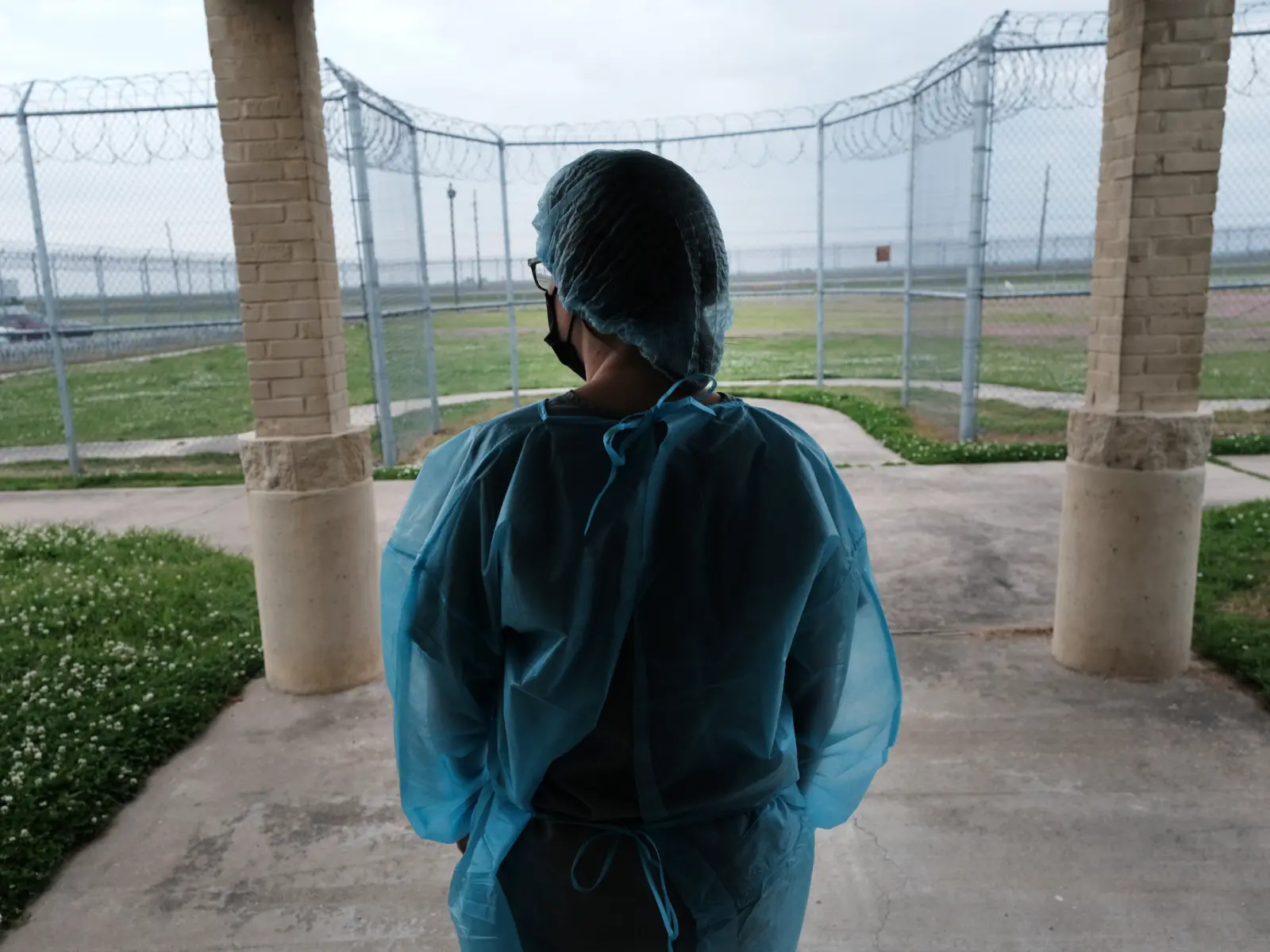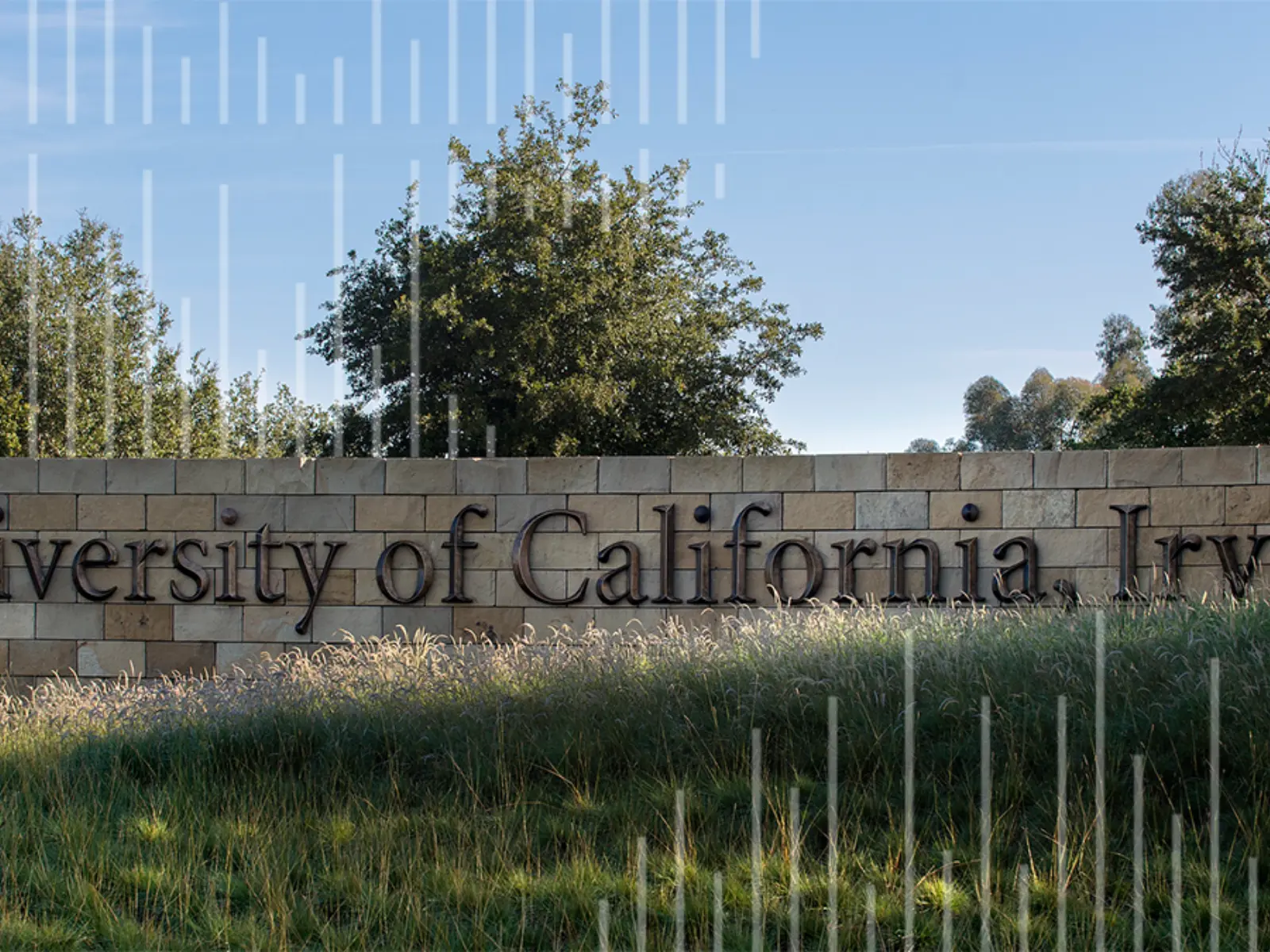It has long been understood that there are many connections between poverty and the criminal justice system. Accordingly, across the United States organizations and government agencies have created numerous interventions, programs, and services that aim to meet the needs of justice-involved people who face economic hardship. But little rigorous evidence exists about whether such programs work, and both policymakers and organizations need better guidance about where to direct their efforts.
In an effort to build that evidence base, Arnold Ventures (AV) will be partnering with the Wilson Sheehan Lab for Economic Opportunities (LEO) at the University of Notre Dame. LEO is a leader in working with service providers to evaluate not just criminal justice programs but also education, housing, and economic mobility services. Together, AV and LEO will identify nonprofit organizations and government agencies that are ready to conduct rigorous evaluations of criminal justice interventions, and LEO will pair them with its extensive network of high-quality researchers. As part of this work, LEO is hiring two new postdoctoral candidates specializing in criminal justice research.
“The Criminal Justice team at AV frequently talks with people from nonprofits and government agencies who are interested in measuring the effects of their programs,” says Jennifer Doleac, executive vice president of criminal justice at AV. “That information is crucial for making sure they’re having the biggest impact possible. I’m excited that we can now put more of those stakeholders in touch with LEO to explore what a rigorous evaluation would look like. Scaling LEO’s work in the criminal justice space is a huge step forward in our quest for evidence-based policy.”
AV sat down with Heather Reynolds, the Michael L. Smith managing director of LEO, to talk about how criminal justice reform can reduce poverty in America, the importance of developing rigorous research on what programs and services work, and how the partnership with AV will help build that evidence.
This conversation has been edited for clarity.

Arnold Ventures
In what ways is the working of the criminal justice system important to people’s economic opportunity?

Heather Reynolds
Our mission at LEO is to uncover evidence and make sure that it gets put to use in order to reduce poverty in our country. And you cannot talk about poverty without diving into the issue of criminal justice. We know there are more than 5 million adults currently incarcerated in prisons and jails and under correctional supervision. We also know that 68% of people released from prison end up being rearrested within three years. And we understand how these figures are tied to poverty and exacerbate poverty. For instance, if mom and dad are involved with the justice system themselves, that has a major impact on family structures and can lead to intergenerational cycles of incarceration. So, our goal is to create more evidence to help us understand what interventions and programs work, and who they work for, so that policymakers can use that to drive change.

Arnold Ventures
What is LEO doing as part of this new partnership with AV to help develop rigorous evidence that will inform criminal justice reform?

Heather Reynolds
There are two main things to understand about LEO. First, the type of evidence we build is rigorous. It’s mostly randomized controlled trials (RCT) and sometimes quasi-experimental studies. But the bottom line is that we want to know if an intervention has led to change. The idea of a treatment and control group are really important to understanding that. Second, we put service providers at the center of all our work. We have nearly 100 projects underway at LEO, and today we have several amazing partnerships with nonprofits in the area of criminal justice. For instance, we’re working with the Lubbock County Prison System in Texas to test a cognitive-behavioral therapy model they are using with people who are incarcerated for violent offenses to see if it is reducing their violent offenses in prison. We are also working with the sheriff’s office in Tarrant County, Texas to run an RCT that evaluates whether people who have started community college in prison for either business administration or welding experience greater upward mobility when they get out, as well as their likelihood of ending up back in the justice system. Additionally, in Georgia, we’re testing the impact of a summer camp program run by Kidz 2 Leaders that helps children who have a parent who is incarcerated. We have this body of work, and now we get to heighten our focus on finding the most innovative, thoughtful partners across the country who are ready to bring rigorous evaluation to the work they do.

Arnold Ventures
How are you choosing interventions to evaluate and new organizations to partner with?

Heather Reynolds
At LEO, we want a world where everyone is using evidence-based programs. It takes a special kind of partner to create the evidence. Not every nonprofit, prison system, or jail can do it. First, we spend time vetting organizations to understand why they care about learning whether their programs and services work. We know most organizations have not done an RCT before, but we want to see that they can think beyond metrics — like numbers of people served — and begin considering other impact measures. We try to find the most passionate leaders who want to make a difference and would rather go through the pain of doing rigorous research than not understand whether their programs and services actually work. Once we find an organization that’s a great fit, we see whether they have a project that we can evaluate using our tools. We’re looking for a well-defined program or service and whether it serves a large enough population to test. What are the outcomes that this intervention or program is designed to shift? Can we get access to those results? Lastly, we’re looking at whether there is excess demand for the services. All that takes a lot of digging, and we continue to iterate, formalize, and learn how to work with our partners.

Arnold Ventures
Are there particular criminal justice policies or interventions that you’re seeking to evaluate?

Heather Reynolds
We’re open to any type of intervention because we have so little understanding of what works in this space. The field is wide open. However, a few things get us really jazzed. There are so many more people incarcerated in jails rather than prisons, and it’s been harder to test programs in that environment because the stays are typically shorter, so that’s an area of interest. Another issue is that people involved in the criminal justice system tend to have higher than average adverse childhood experiences (ACEs) scores than the general public. There’s a real need to address the trauma that people have experienced and that can lead to engagement with the criminal justice system.

Arnold Ventures
Why is it important to create evidence and help policymakers to use it in setting the policy agenda?

Heather Reynolds
If someone who is experiencing poverty and has just been released from prison goes into an organization, and that organization promises that its program will make their life better and help them not to end up back in prison, that program should be tested to see if it actually works. There’s still a shortage of evidence out there about what works, and there’s an equal need to create evidence and make sure it is put to use in policy contexts. Evidence can tell us what to stop doing, what to do more of, who to do it for, and who not to do it for. One of my favorite projects LEO has going on is with the Goodwill Excel Center, a national model that works with adults who have dropped out of high school. The model helps them get their high school diploma, post-secondary credentialing, and a range of wraparound services. We tested it using a quasi-experimental study and found it highly successful, except for with one group: justice-involved people. Now, the Goodwill Excel Center could have just used those results to expand the program, but instead they decided to expand it while also doing another RCT with us to understand how they might tweak their model to change the results for justice-involved people. We need to make sure that what we’re offering people delivers on what we promised them. Both the country and philanthropy need to understand what works so we can then invest in promoting those interventions and sway policymakers.

Arnold Ventures
What’s the next step for LEO as you move forward in partnership with AV?

Heather Reynolds
We’re now in scaling mode, which means talking to dozens of potential partners a year. There are so many organizations that want to understand and test their criminal justice strategies through rigorous research, and it’s really exciting to be working with them with AV’s support. That’s our goal, to create more evidence so we can use it to create better policy as a society.




















